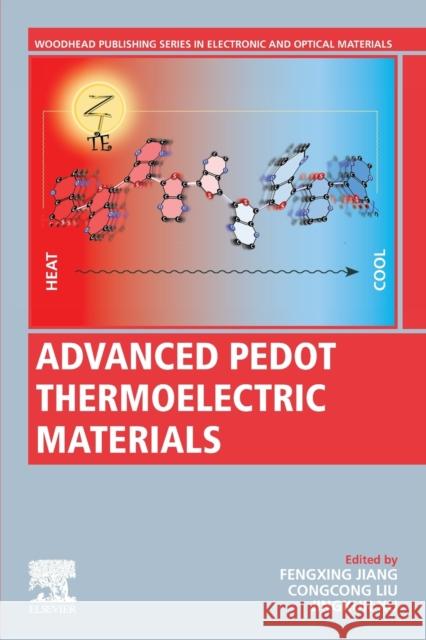Advanced Pedot Thermoelectric Materials » książka
topmenu
Advanced Pedot Thermoelectric Materials
ISBN-13: 9780128215500 / Angielski / Miękka / 2021 / 296 str.
Kategorie:
Kategorie BISAC:
Wydawca:
Woodhead Publishing
Seria wydawnicza:
Język:
Angielski
ISBN-13:
9780128215500
Rok wydania:
2021
Numer serii:
000904759
Ilość stron:
296
Waga:
0.40 kg
Wymiary:
22.86 x 15.24 x 1.57
Oprawa:
Miękka
Wolumenów:
01











